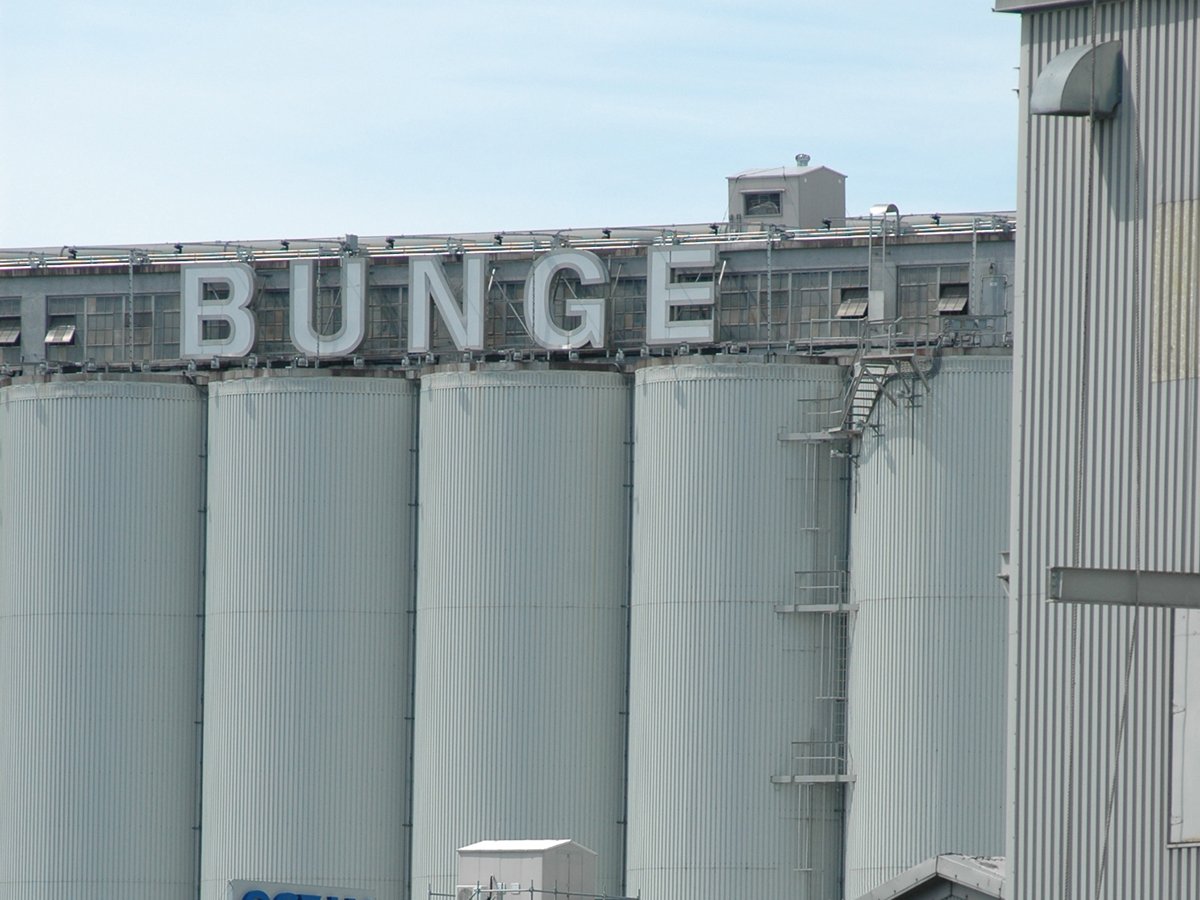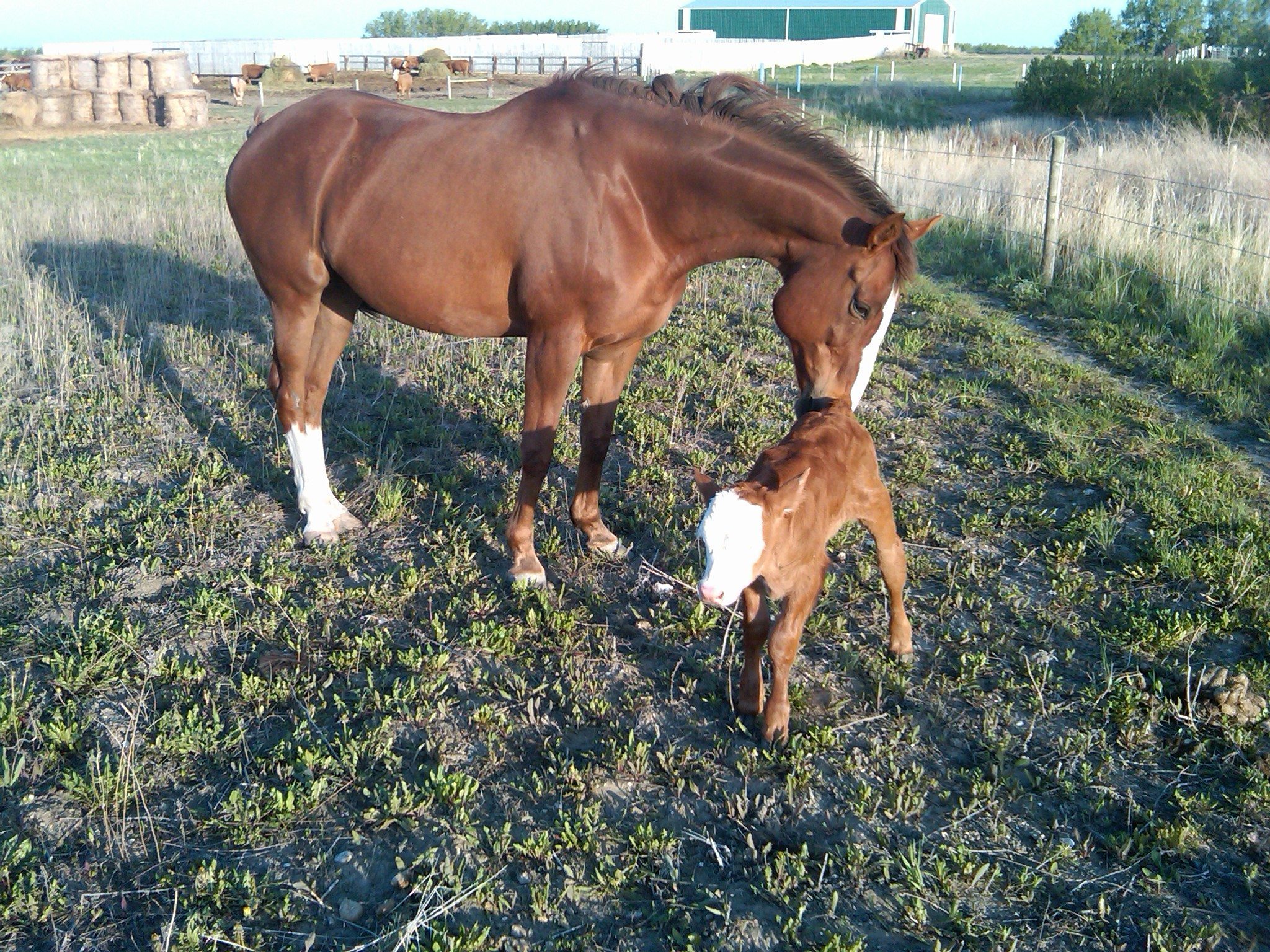It was a symbolic moment that reflected a significant shift in the place the Canadian Federation of Agriculture occupies in the national agricultural debate.
As the CFA met in Gatineau across the river from Ottawa for its annual convention last week, there was not a government representative in sight.
Agriculture minister Gerry Ritz declined an invitation to speak because he was travelling and did not even bother to send a substitute government speaker.
Opposition agriculture critics came, but with a majority government, what they have to say is relatively small potatoes.
Read Also

Bunge’s crop mix is changing
Bunge has predominantly been a soybean processing firm, but that’s about to change after the merger with Viterra with softseed processing and grain merchandising gaining ground.
It would be wrong to see this as a ministerial snub. Ritz knows how to do a snub (more later) but this simply was a reflection of the new government-farm lobby reality.
After more than 75 years of being Canada’s primary ‘house of agriculture’ farm lobby, the CFA largely has been sidelined by this government.
It continues to do effective behind-the-scenes lobbying with the government but is no longer the go-to farm lobby. It is not a comment on CFA staff, leadership or competence but just a reflection of changing times and the Conservative agenda.
Last week when the CFA had hoped to have him as a speaker, Ritz was on a trade mission to Washington, accompanied by the government’s new best agriculture sector friends — representatives of grain and oilseeds, pork and beef sector representatives who buy into the Conservative view that agriculture policy really is trade and deregulation policy.
They praise the Conservatives fulsomely.
The CFA, with members stretching over a far broader range of the spectrum, always have to nuance their attachment to the government of the day.
A too-close alliance with the Liberals a decade ago has created nothing but grief for the CFA with this government, a crowd with long memories.
The CFA is the oldest farmer organization in Canada and was once the organization that no federal minister could ignore. Major government initiatives were announced there, billions dollar bailouts were done at CFA meetings and even when the news was bad (if Lyle Vanclief’s $500 million subsidy really was bad when CFA expected $1 billion), it was done at the CFA.
As recently as last year, Liberal leader Michael Ignatieff made his pre-election pitch for rural votes at the CFA convention, as did Bloc Québecois leader Gilles Duceppe.
Ritz, after being appointed minister in 2007, quickly set a different tone.
He didn’t need the CFA and he made it plain in his first speech that since they were on the fence on Canadian Wheat Board changes, opposing government plans unless there was a farmer vote, the federation did not matter to him.
You are with me or against me. Fence sitting was not an option.
Now, the government priority is expanding trade, deregulating and reducing government.
The CFA supports most of those goals but they are not front line soldiers, more policy than trade advocates and clearly suspect because of their past Liberal ties and inclusion of the CWB as a member.
In the modern Canadian political context, the CFA’s more nuanced approach is lost in the shuffle.
Its day may come again but last week’s government snub suggests that it won’t come anytime soon as long as the Conservatives are in power.














